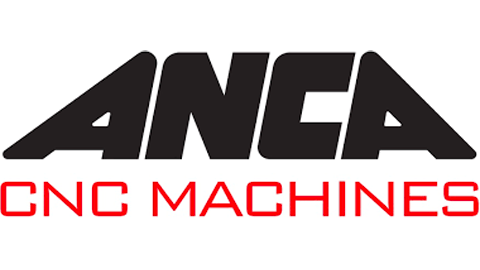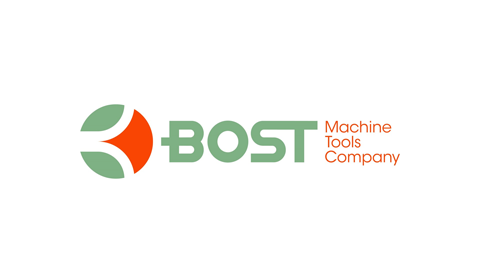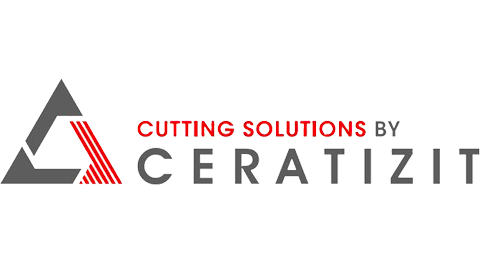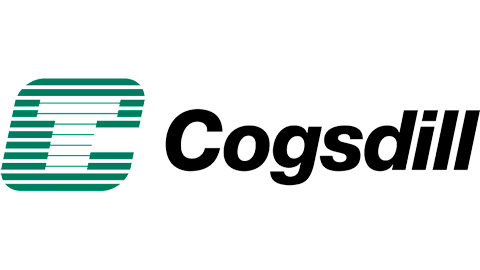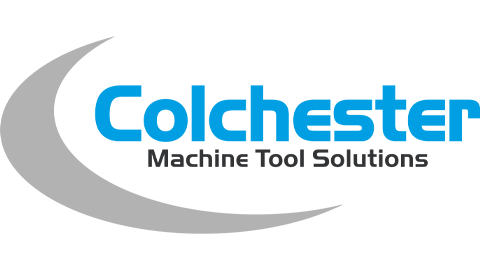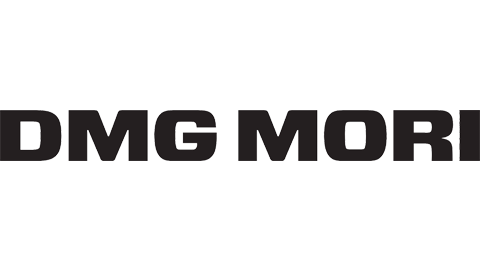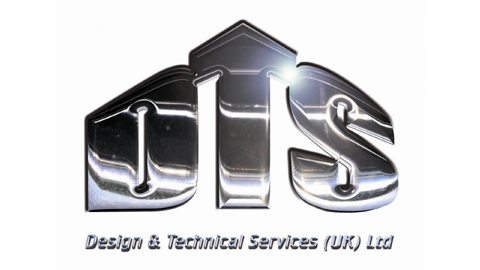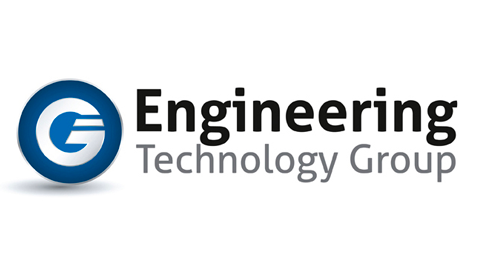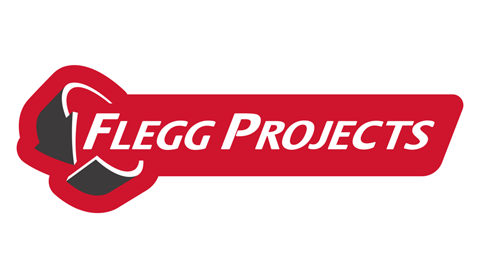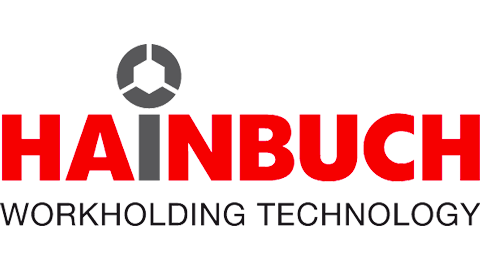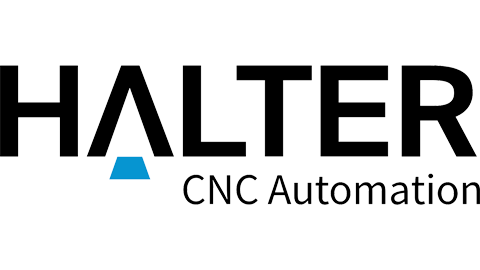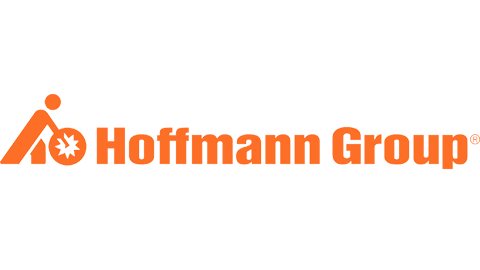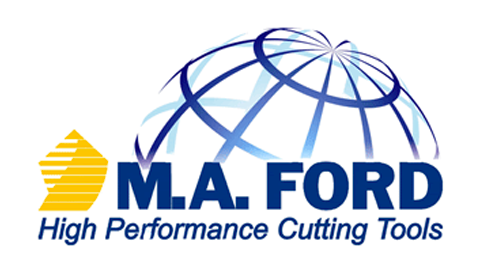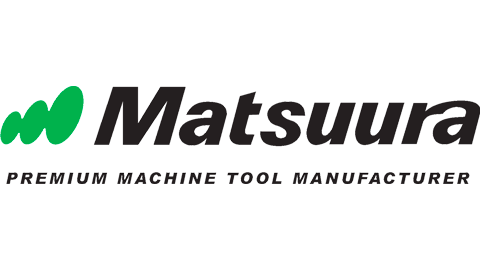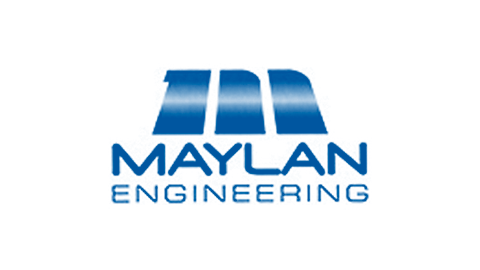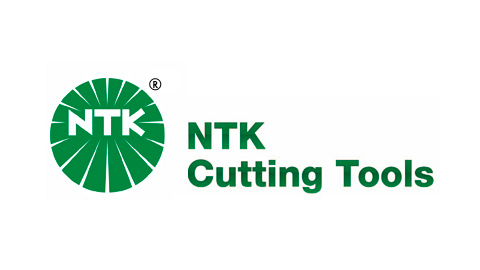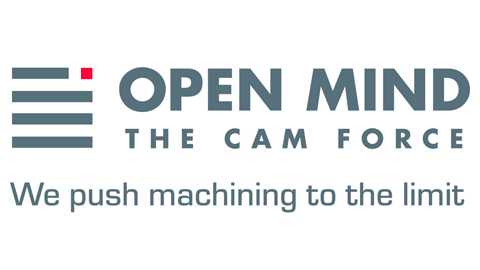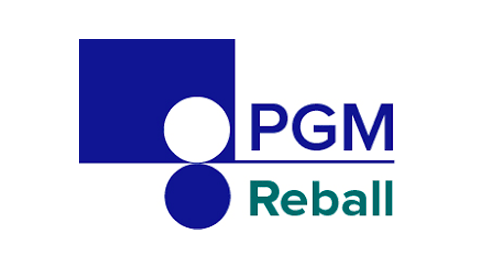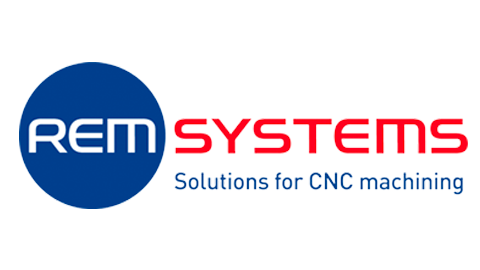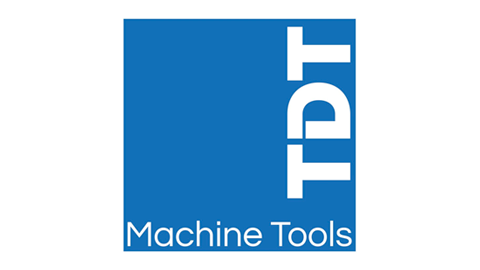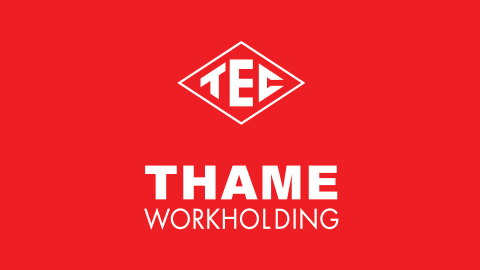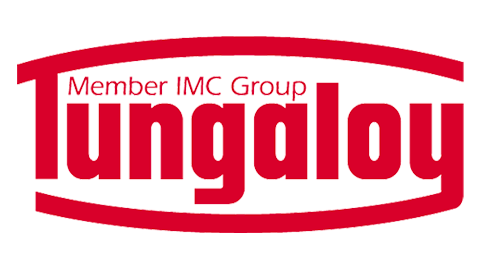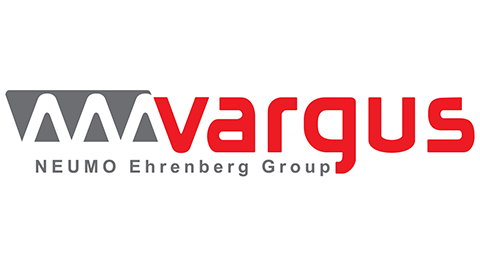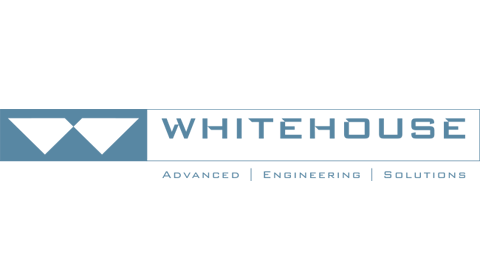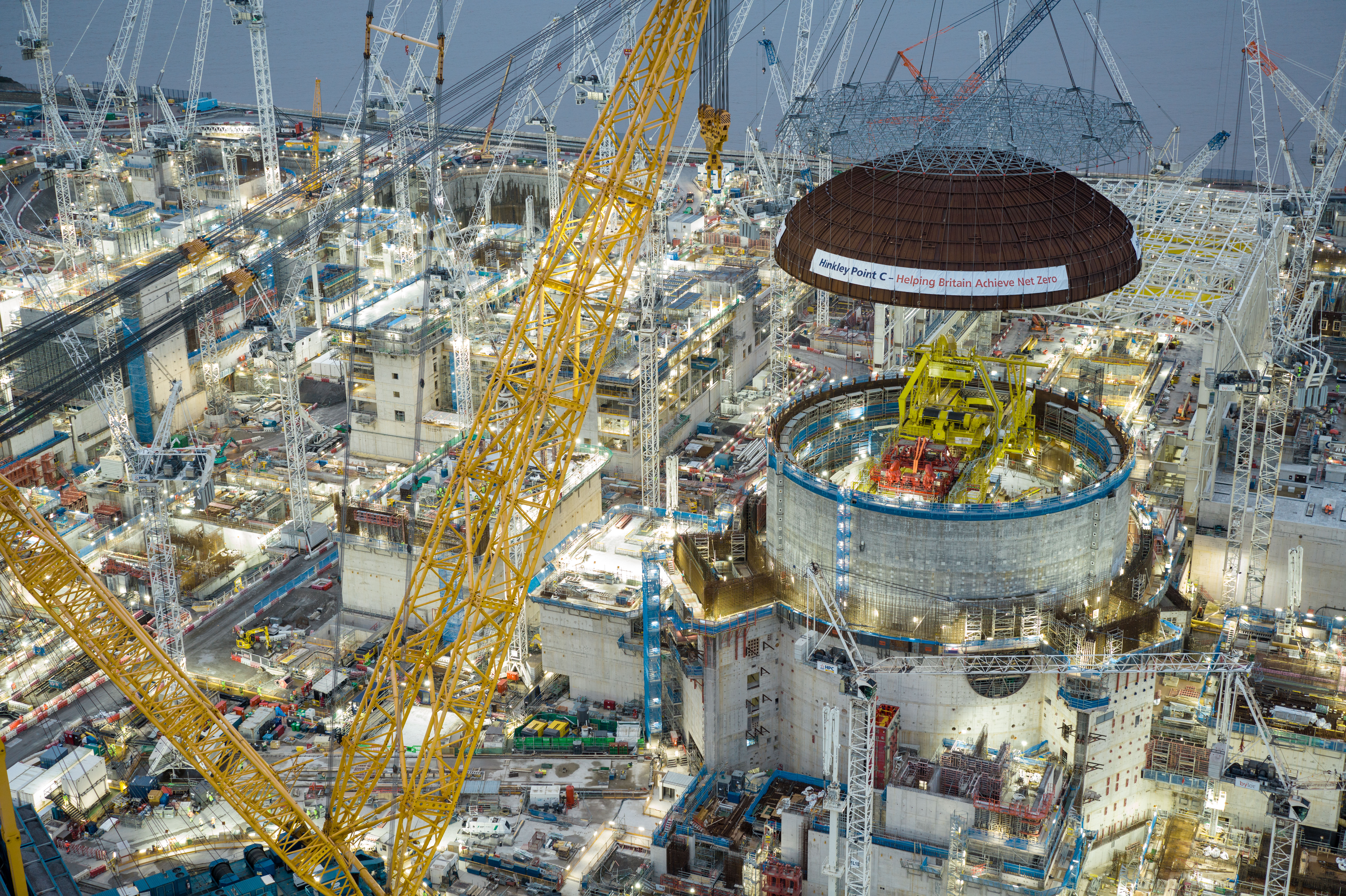
2024 was a mixed year, with some stellar announcements like Tata Group’s gigafactory investment offset by the cancellation of Phase 2 of HS2 and a budget black hole to pay for, but an Industrial Strategy may give the industry the long-term stability it needs.
This article is by Will Stirling
The Chancellor Rachel Reeves received a boost a week before her Autumn Budget when the IMF revised its forecast for UK growth this year to 1.1% (up from 0.7% in July) and 1.5% in 2025 – the biggest upward revision for any advanced country.
It’s a sign of better things to come, and 2024 was not a banner year in manufacturing, more one defined by steady stability, yet it still notched up a few memorable headlines for British industry.
Spiralling costs meant the previous Tory government cancelled Phase 2 of HS2 from Birmingham to Manchester, affecting hundreds of supply chain companies, which the new Labour government partly blamed for the cost overruns.
The Secretary of State for Transport Louise Haigh launched an independent review to ensure lessons will be learned and the costs for HS2 are controlled.
The cost of Phase 1, London to Birmingham, is expected to reach £66bn.
Covid and the semiconductor-shortage-affected UK automotive sector got a fillip in February when Agratas, the battery division of Tata Group, confirmed a new £4bn battery gigafactory in Somerset.
It was a relief for the car sector to see the UK stall on the global league table for gigafactory capacity, a key metric for car plant investment.
While carmaking recovered strongly in 2023 after semiconductor supply returned, it is slowing down.
By August, the UK had manufactured 522,833 cars, down 8.5% on production at the same point in 2023 when ythe figure was 571,671.
Interestingly, year-to-date vehicles for the domestic UK market had increased by 12%, but exports, representing over 84% of all car production, were down 13.6%.
The production of electric cars, including hybrids (EVs), fell by 26%.
Automotive business group SMMT said this decline is expected to be reversed in the longer term as new models come on stream.
Massive manufacturer discounting saved car sales in Europe in September, pushing BEV sales to 56,387 registrations.
Siemens opened its new train factory in Goole, Humberside, in October and announced a further £40m in addition to the £200 investment in the Goole Rail Village, which will now bring up to 1,000 new jobs to the region, as well as around 1,700 supply chain job opportunities.
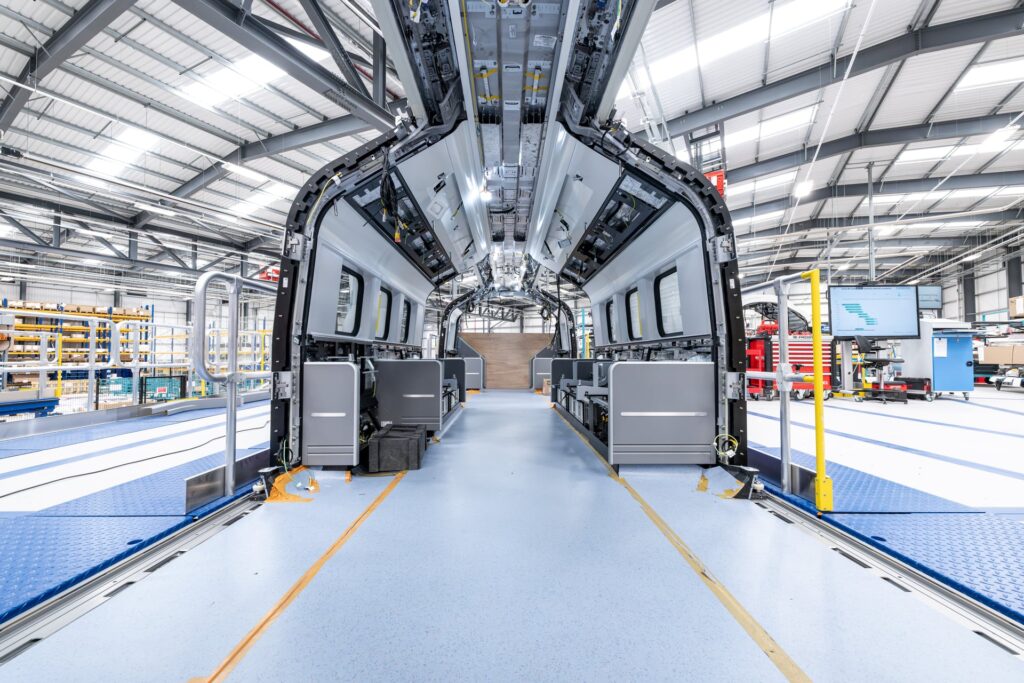
In addition to maintaining the bogies from Siemens’ 572 trains running in the UK, it will also include new production lines for assembling bogies for new trains, which will be the first for Siemens in the UK.
Aerospace is battling delivery rate challenges: after Covid, orders poured in, and the industry is pulling on all levers to find ways to go above ‘Rate 60’ into the consistent 80s or even 90 aircraft per month to reduce long delivery times.
Ninety commercial aircraft were delivered in August, the highest in that month of the year since 2018.
But that’s not the whole story.
While the global backlog of aircraft on order is 15,651 planes according to the industry group ADS – an extraordinary number – aircraft orders in the year-to-date are two-thirds behind 2023 levels.
Perhaps it was a sign that Brexit was the past. The FA appointed Thomas Tuchel as the senior men’s coach, causing gossip as the first German coach of the England football team.
A week later, Britain and Germany signed a government-described “landmark’ defence agreement to boost security, investment, and jobs.
German defence giant Rheinmetall will build a new factory in the UK to make barrels for artillery guns, and German marine surveillance aircraft will supply patrols from RAF Lossiemouth.
The factory will need British steel and will create 400 jobs.
It’s the first defence pact with Germany of this scale, although both countries already collaborate on making armoured vehicles, for example.
In October, BAE Systems Maritime launched the sixth Astute class submarine, Agamemnon.
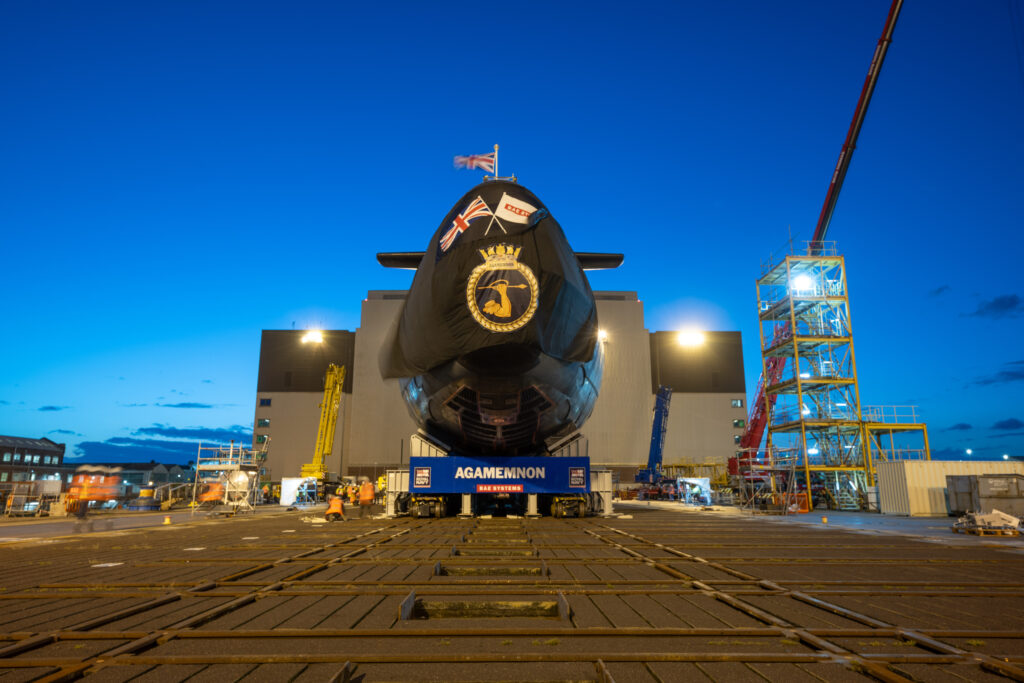
Attention will soon switch to the multi-billion AUKUS submarine (SSN-A) programme, where the boats will be built in the UK and Australia.
Fhaheen Khan, senior economist at Make UK says “Manufacturers this year experienced the most stable period of business conditions in almost a decade, despite still facing higher costs, tight interest rates and skills shortages.”
While it could be seen as a year of two halves – the first six months boasting strong production, order books and investment intentions, and the second looking far more mixed due to an inevitable domestic market slowdown –manufacturers remain buoyant in their expectations.” h
Accountants and business advisors are expecting more investment in the economy in 2025, following several years where major events and inflation have made business conditions that could be generally described as ‘sh*t’.
Fhaheen Khan thinks the new 10-year industrial strategy is an important milestone in achieving economic growth, although some seasoned business leaders will say they have heard it all before.
It’s hard to remember, but the UK has had at least four official industrial strategies since the 2008/9 recession: in 2009 (Mandelson), 2012 (Vince Cable), 2017 (Greg Clark) and now in 2024.
Khan says “It’s highly encouraging that advanced manufacturing will be a key sector driving that growth, and the Industrial Strategy Council will help lay the pipework needed to modernise UK industry through the wide adoption of AI, computing, and techniques like 3D printing.”
Of particular relevance to MTD readers, the numbers show that industries specialising in producing capital equipment like machinery, electronics and metal fabricators have experienced a positive year.
This is due to strong exports to the US and the EU as many Western countries are investing in the kit to modernise their manufacturing – for example, the US’s Inflation Reduction Act and, one could say, on the wave of ‘Make America Great Again’.
Khan says “These subsectors have much to look forward to in 2025 as economic conditions stabilise further, inflation cools, and interest rates are loosened.”
The manufacturing technology expo MACH 2024 organisers said visitors were up 6% on the previous show and reported a good vibe.
Greg Capp, sales director at EDM machinery firm Sodi-Tech, said: “Footfall has been the best in a long time. On Day One, we had enough enquiries for the next six months.”
Overall, investment in manufacturing in 2023 (last full year) is up by 4% on 2022, from £40.24bn to £41.8m, and economists expect this to rise in 2024.
Despite the numbers and late positivity, on the ground, some manufacturing machinery vendors and subcontractors report a frustrating year where the anticipated rush of orders failed to materialise.
That flat confidence from 2022-2023 seemed to be overspilled into the year’s first half.
Andrea Wilson at deep hole drilling and boring engineering company Hone-All Precision says
“2024 has been a challenging and varied year for most businesses.
“Uncertainty and political instability have created conditions that have not been beneficial to business and have created barriers to growth.
“The creation of the 10-year Industrial Strategy will hopefully give business and investors the confidence they have been lacking the last few years.”
The new industrial strategy focuses on eight sectors: advanced manufacturing, clean energy industries, creative industries, defence, digital and technologies, financial services, life sciences, and professional and business services.
High-tech, hard-tech, high-potential companies can benefit hugely from close government support.
The top two sectors in the strategy are advanced manufacturing and clean energy industries. “Tokamak Energy does both!” says David Kingham, the executive vice chairman and a co-founder.
He says that the company that designs, manufactures and operates a plant for nuclear fusion to generate power aims to accelerate the development of fusion energy, the most valuable technology of the 21st Century.
“We were delighted to see the new consultation on the Industrial Strategy. A company like Tokamak Energy, with over 250 employees and global ambitions, can grow rapidly if we have consistent strong backing from the government.”
The company has had spectacular success in recent years with the record-breaking ST40 high field compact spherical tokamak – which reached 100 million degrees Celsius plasma ion temperature, the threshold needed for commercial fusion energy.
Its high-temperature superconducting (HTS) magnet development has also set records for magnetic field strength at a temperature of 20,000C.
David says: “Our industrial strategy is to pursue fusion energy by assembling consortia around our core technologies to provide the complimentary capabilities necessary for the development and deployment of fusion.
This will require major investment by governments and consortium partners, but the prize is the elusive goal of commercial fusion energy.
The fastest achievable timeline for fusion is 10 years to a 50MW pilot plant, a goal set by the US Department of Energy milestone-driven fusion development program.
“So a bold, consistent industrial strategy from the Government could enable the UK to have its fusion “cake” in the long term and “eat” the economic benefits of the magnet spin-off technology in the short to medium term.”
In the supply chain, companies like Hone-All Precision want long-term stability, vision, and potential targeted support through programmes unafraid of ‘picking winners’ that have previously blighted attempts to assist the industry within state aid rules.
Managing Director Andrea Wilson says “The new Labour government must commit to long term strategic thinking and investment decisions, and the newly formed Industrial Council will hopefully achieve this.”
“The council’s success will be increased dramatically if it’s informed by business leaders, owners, and most importantly, if it includes SME representation.
The outcome of these two positive moves will hopefully result in us seeing the confidence and stability we all need to thrive.”
Machine tool and machinery suppliers need orders, and for that, their customers need confidence to buy.
Adrian Haller, managing director of Bruderer UK, a leading manufacturer of precision high-speed presses says “The UK has a fantastic opportunity in advanced engineering, and we have so many brilliant companies – at all levels of the supply chain – that are prospering despite the lack of a coherent Government strategy to support the sector.”
“This isn’t tubthumping; this is what we see every day when our sales engineers and installers commission precision high-speed Bruderer presses on shop floors across the country.
Imagine what we could do if we had a long-term Industrial Strategy that focuses on our strengths and invests in them?
And I don’t mean the odd grant here and there. It needs to be substantial and flow down to SMEs – that is the critical bit.
For industry to become more efficient, an area to improve is the education of manufacturing engineers about new, ‘smart’ technology.
Mark Weymouth, MD of PLUS Automation and UK representative for Contrinex and Satron, who runs a popular LinkedIn newsletter says “There’s a pervading tendency for engineers to buy and commission what they know and not look at new, better plant and equipment that can raise productivity.”
While PLUS Automation is in its fourth year of growth, many food and liquid process manufacturers are not explaining this technology to their site engineers.
He says “The UK is about seven years behind mainland Europe in adopting many process technologies.”
Although the increase in employers’ national insurance payments may dampen this optimism, the indicators are that this new strategy for industry will help businesses, especially those in advanced manufacturing areas.
Subscribe to the MTDCNC Newsletter
Subscribe to our Newsletter today!
Stay up to date with the latest industry news and events.

Subscribe to the MTDCNC Newsletter
Stand and deliver - New industrial strategy must put the fizz back in UK manufacturing
0:00 / 0:00





